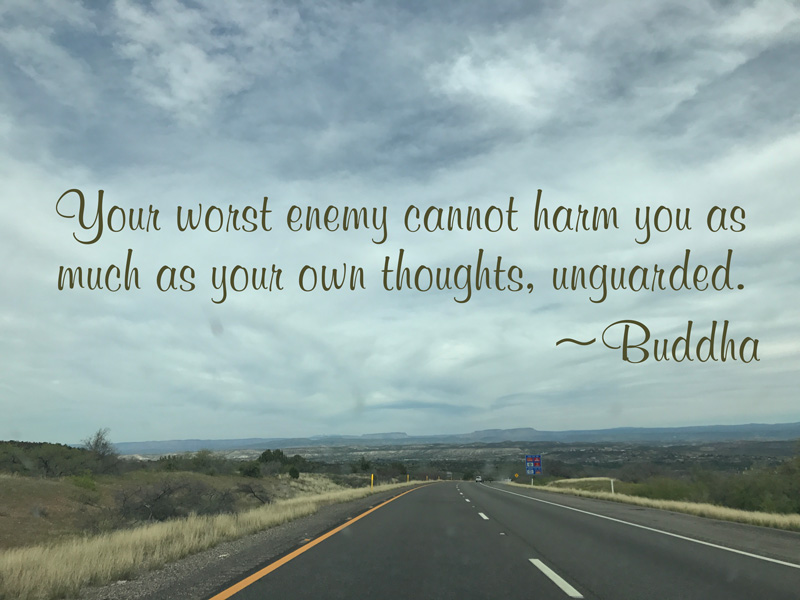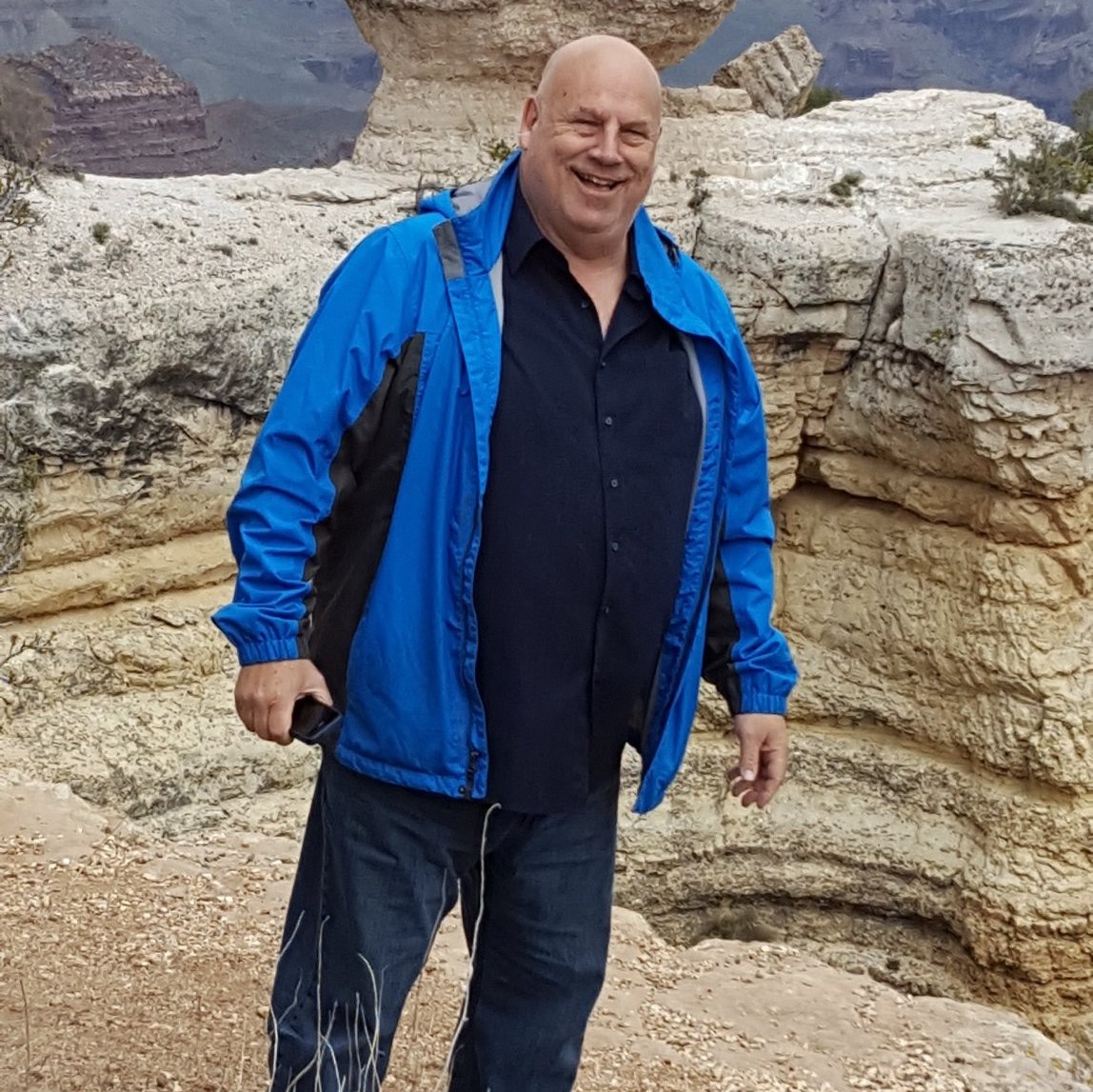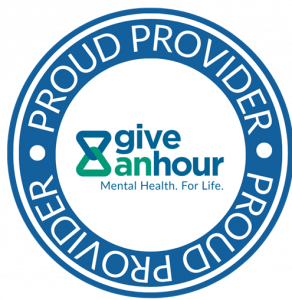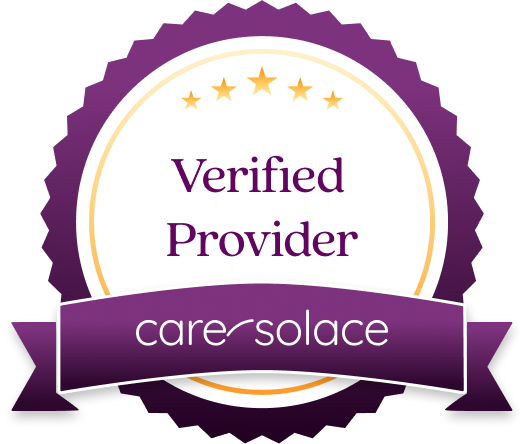What to Expect
I prefer a somewhat structured approach. Our first session is an “intake.” Some clients have a strong feeling about “the problem” when entering therapy, while others do not. If you know what you need, I’ll listen and ask questions. If you don’t know what you need, I’ll ask questions and listen. Either way, the intake is the time we talk over what is going on and how it is impacting your life. The “take-away” from the first session is an agreement on what the problem is, and what caused it.
The second session is goal setting and developing a treatment plan. What do you want to work on, exactly? What sorts of changes need to take place in your life for things to be better than they are? How long will it take to make those changes? How will we know that the changes are in place, and will last?
These early sessions form the basis for our work together. Our journey begins.
“The only people we can think of as normal are those we don’t yet know very well.”
– Alain de Botton
Clinical Approach
My approach is humanistic and founded in attachment theory. Whether doing work with couples or with individuals, I prefer evidence based, proven techniques. I collaborate with clients to set goals for themselves in therapy so that we can measure our progress and make adjustments to our work when needed.
I often integrate aspects of Cognitive Behavioral Therapy (CBT), as it has been shown to be an effective short term therapy. For clients that have not gotten the results they want with CBT, I often transition to mindfulness. Mindfulness offers a method for improved self-awareness, and provides a path to better self-regulation. With greater self-awareness, it becomes possible to do the work necessary to address deeply rooted problems.
Although there are many clinical aspects to how I work, the most important things I provide are a listening mind, relentless curiosity, deep caring and respect, and a willingness to be my authentic self.
“Hands down, awareness is the critical currency for changing any behavior, in any direction.”
– Judson Brewer, MD, PhD
One More Thing
Everything I’ve written on this page is true, and should count towards whether you think I’m the right therapist for you. But, there is one more thing, and it is intangible: the “fit” of the therapist with the client. Studies show that the single greatest determinant of a successful therapy outcome is the clinical relationship.
Most clients have told me they appreciate my direct style of communicating, but some are less comfortable with it. Yes, therapy should be a “safe place” for you to say whatever you need to say, but as the lawyer once said to Congress, “I am not a potted plant.” Here are some soliloquies I’m likely to interrupt:
- Avoiding important topics
- Talking like the reason for coming to therapy isn’t really a problem
- Saying one thing and doing another
- Not taking responsibility
- Endless “what if” scenarios (It’s your anxiety talking. I’d like to hear from you.)
- Never staying with a topic long enough to understand it and make changes
Therapy is an investment of your time and money; I believe the value comes from changes you make that improve your life. If something needs to be said, I’ll say it… probably sooner, rather than later.
Is Therapy Confidential?
As a general rule, all therapy sessions are confidential and anything you share with me will remain between us, unless you request otherwise. This is as per protection rules by law, which all therapists legally need to follow. No information can be disclosed without your prior written consent. There are, however, exceptions.
I am required to break confidentiality:
- If I believe you are at risk of harming yourself or others.
- If I learn about abuse or neglect involving a child, dependent adult, or elder.
- If I am ordered by a court to release information.
- If you are in therapy as part of a court order.
Regarding Domestic Violence (Intimate Partner Violence)
In California, Licensed Marriage and Family Therapists (LMFTs) are not mandated to report domestic violence unless it involves specific populations, such as children, elders, or dependent adults. Here’s the context for this:
- Child Abuse: LMFTs are required to report any instance where a child is endangered or harmed by domestic violence. This is a mandated report under California’s Child Abuse and Neglect Reporting Act (CANRA).
- In California, when it comes to reporting domestic violence in a home where a child is present, the key factor is whether the child is directly affected by the violence or placed in a situation of serious emotional or physical harm.
- Elder/Dependent Adult Abuse: If the victim is an elder (65 or older) or a dependent adult, LMFTs are also required to report the abuse, as this falls under California’s Elder and Dependent Adult Civil Protection Act.
While I am not legally required to report intimate partner violence in other situations, my role is to support your safety and well-being, and we can work together on safety planning if needed.
Regarding Child Pornography
In California, Licensed Marriage and Family Therapists (LMFTs) are required to report any reasonable suspicion of child abuse, which includes the sexual exploitation of children. Child pornography falls under the legal definition of sexual exploitation. Mandated reporters must report the situation even if the child involved is not someone the client knows or has directly harmed.
Because I specialize in treating issues related to pornography addiction, I want to make it clear that if there is any indication that child pornography is involved, I am legally required to report this to the authorities. My role as a mandated reporter is to ensure the safety and protection of minors, and this responsibility is not negotiable.
Questions and Concerns
If anything in this document is unclear or if you have any questions about our work together, I’m happy to discuss it with you. My goal is to create a safe, supportive environment where you can work on what matters most to you.
“What lies behind us and what lies before us are tiny matters compared to what lies within us.”
– Ralph Waldo Emerson
Education & Credentials:
- License #: 105978
- License State: California
- Practicing Since: 2013
- Education: I completed my undergraduate work at the University of California at Berkeley. My Masters degree in Counseling and Marriage and Family therapy is from the University of Phoenix.





